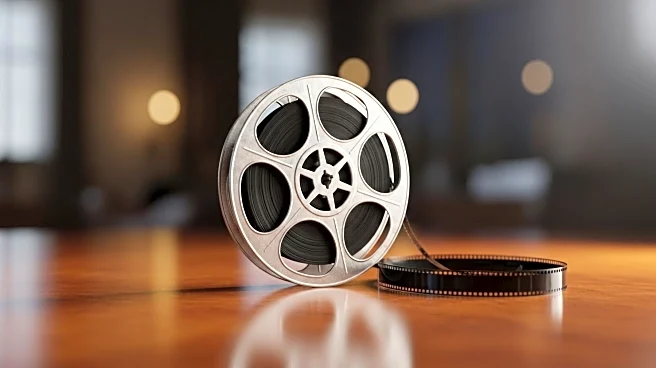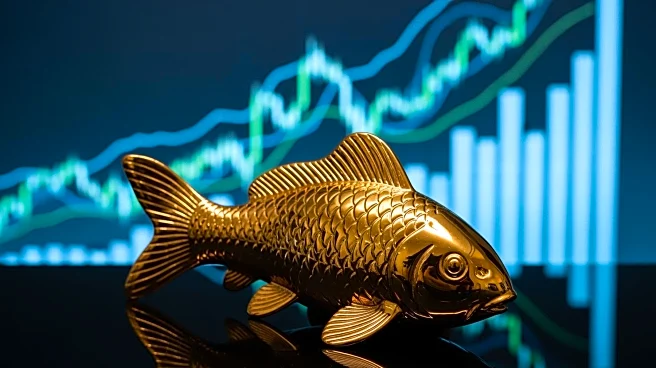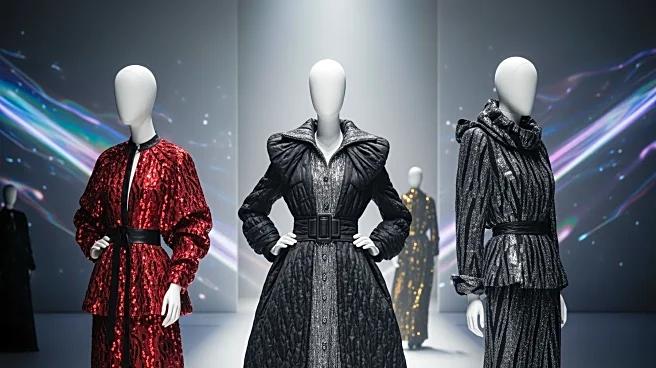What's Happening?
At the Venice Film Festival jury press conference, director Alexander Payne, serving as the competition jury president, chose not to comment on the ongoing war in Gaza. When asked about his stance on the humanitarian crisis, Payne stated he felt unprepared to address the question, emphasizing his role at the festival was to focus on cinema. The festival has faced pressure from international filmmakers and artists to condemn the actions in Gaza and Palestine, and to disinvite actors Gal Gadot and Gerard Butler, who have publicly supported Israel. Venice chief Alberto Barbera responded by affirming the festival's sadness over the situation but refused to disinvite any artists.
Why It's Important?
The Venice Film Festival is a significant cultural event, and its stance on global issues can influence public discourse. Payne's decision to avoid the topic highlights the tension between art and politics, especially in international settings. The festival's response to calls for action reflects broader debates on cultural boycotts and the responsibilities of artistic institutions in political matters. This situation underscores the challenges faced by cultural leaders in navigating complex geopolitical issues while maintaining artistic integrity.
What's Next?
The festival will continue with its scheduled events, including film premieres and jury evaluations. The ongoing conflict in Gaza may continue to be a topic of discussion among attendees and the media. The festival's handling of the situation could influence future decisions by other cultural institutions facing similar pressures. Stakeholders in the film industry may also weigh in on the role of festivals in addressing political issues.
Beyond the Headlines
This event raises questions about the ethical responsibilities of artists and cultural institutions in times of conflict. It also highlights the potential for art to serve as a platform for political expression and the challenges of balancing artistic freedom with social responsibility. The festival's stance may prompt further debate on the intersection of art, politics, and activism.









